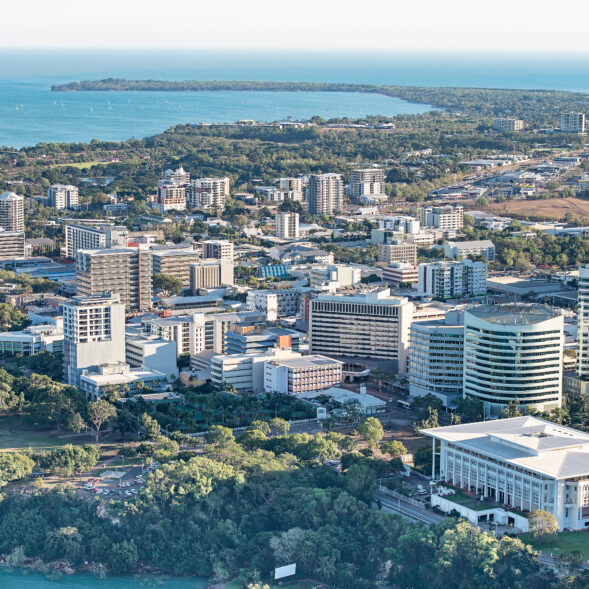The office market nationally continues to go through a period of volatility with ongoing high vacancy rates and incentives. The country’s CBDs are getting back to normal and do seem to be busier, but demand remains low.
Recently released data from the Property Council of Australia (PCA) reveals that vacancy rates around the country persisted with their upward trend. The total National CBD office vacancy rate in January 2024 was reported at 13.5 per cent, up from 12.8 per cent in July 2023. This is a significant increase on the pre-pandemic vacancy rate reported by the PCA in January 2020 at 8.0 per cent.
Around the country Sydney saw an increase from 11.5 per cent to 12.2 per cent, Melbourne and Adelaide reported strong increases with Adelaide rising from 17 per cent to 19.3 per cent and Melbourne from 14.9 per cent to 16.4 per cent. With the exception of Perth, which saw a decrease, all other capital cities remained essentially stable.
Tenant requirements have changed which has led to a shift in demand. Flexible work spaces remain a common theme among all the capital cities along with a preference for premium and A Grade space. Most markets around the country are reporting stronger demand in this space. This is evidenced by the lower prime vacancy rates compared to the secondary market.
Looking ahead, we expect rental rates to stay flat. Incentives remain high across the country with some locations reporting incentives of up to 40 per cent. Given these overall leasing market conditions, general market conditions and the high incentives being reported, we do not expect any substantial growth in rents this year.
In 2023 we predicted the office market to remain generally volatile and uncertain. Australia’s major office markets continue to face downward pressure on values. Interest rates and waning investor demand on the back of high vacancy rates and negative market sentiment, have led to a softening in yields in some locations by as much as two basis points.
An example of this is Sydney where several office building sales in the CBD towards the end of last year were circa 6.5% net yield, showing a softening from yields of circa 4.5% to 5.0%. Given this, we expect higher yields in 2024. Investors are very cautious, with a low appetite for risk and a requirement for higher returns. They are wary that many corporate tenants will be putting off expansion.
Our major cities have seen limited transactions making it difficult to ascertain the extent of the softening in the market. Agents report that there are fewer enquiries. At the lower, entry-level price point, buyers are also wary and retreating from the market.
The challenges in the office market are likely to continue for some time particularly as we navigate generally weaker economic conditions. Any interest rate cuts are not likely to have an immediate impact on this market and will take time to have any positive effect.
Angeline Mann








